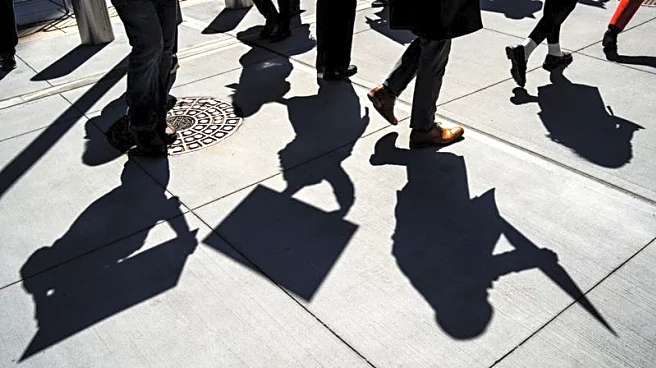What's Happening?
Barry Relph, a gardener who became paralysed after falling from a ladder at a mansion in Surrey, has lost his High Court bid for over £1 million in compensation. The incident occurred in January 2021 at the
home of John and Joanna Meager, where Relph was using a mini chainsaw to trim branches. He claimed the Meagers were responsible for his injuries, arguing that they should have hired a professional tree surgeon. However, the court ruled that Relph was not an employee but a freelancer, and thus the Meagers were not liable. Judge Andrew Kinnier KC found that Relph and his colleague were experienced gardeners who devised their own work plan and provided their own equipment.
Why It's Important?
This ruling underscores the legal distinctions between employees and independent contractors, which can significantly impact liability and compensation claims. The decision highlights the importance of clearly defining employment relationships, especially in high-risk jobs like gardening and tree surgery. For property owners, this case serves as a reminder of the potential legal implications of hiring freelancers versus employees. The outcome may influence how similar cases are approached in the future, potentially affecting the hiring practices of homeowners and businesses alike.
What's Next?
While the court's decision is final, it may prompt discussions on the need for clearer regulations regarding the employment status of freelancers in high-risk occupations. The case could lead to increased scrutiny of how freelance workers are classified and the responsibilities of those who hire them. Additionally, it may encourage property owners to reconsider their hiring practices to mitigate potential legal risks.
Beyond the Headlines
The case also raises ethical questions about the responsibilities of property owners to ensure the safety of those working on their premises, regardless of employment status. It highlights the potential dangers faced by freelance workers who may not have the same protections as employees. This could lead to broader discussions on worker safety and the need for more comprehensive safety regulations in freelance and gig economy jobs.










